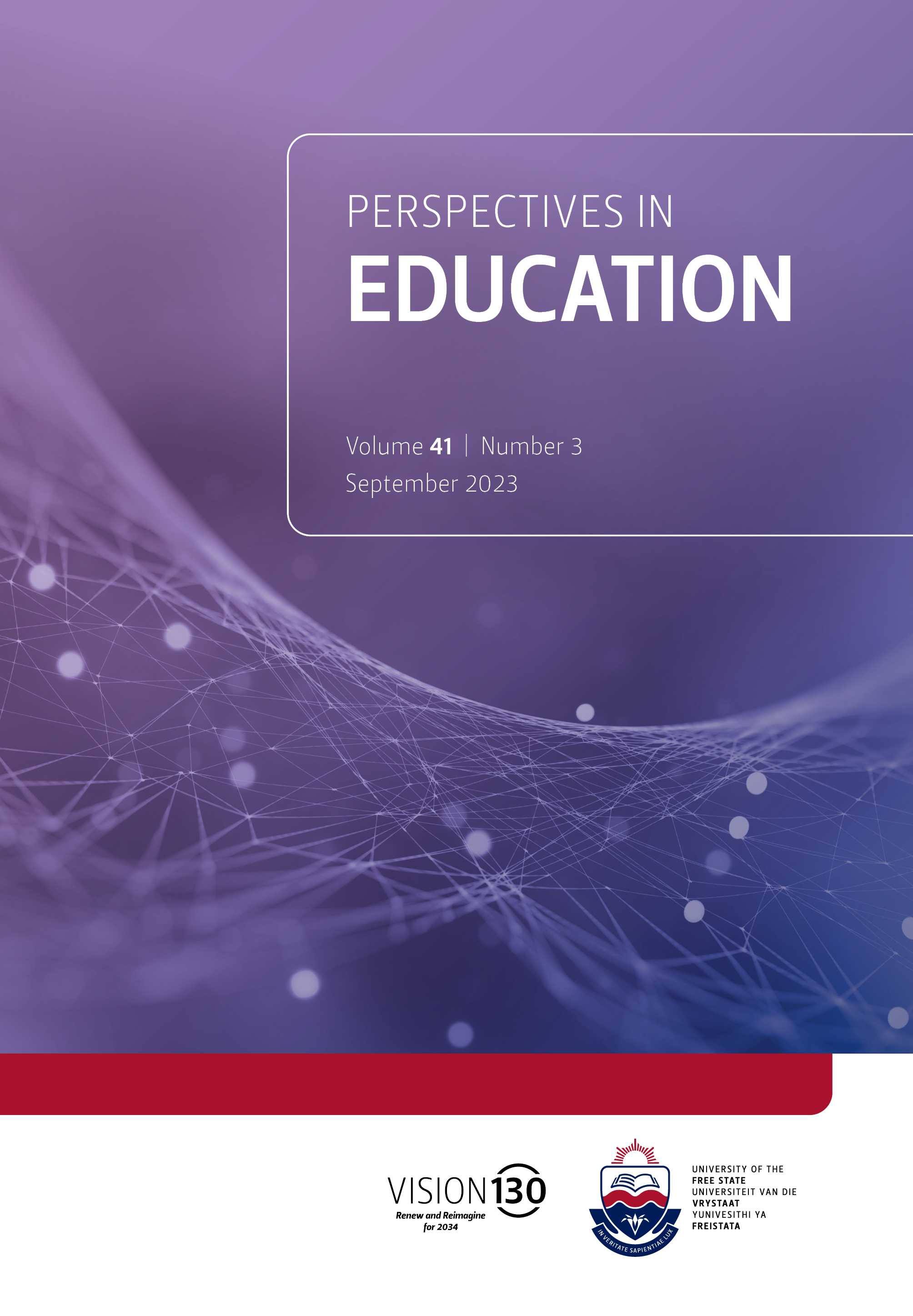Ubuntu in the Academic Literacy class: establishing a sense of community for inclusivity and effective learning
establishing a sense of community for inclusivity and effective learning
DOI:
https://doi.org/10.38140/pie.v41i3.6779Keywords:
Social Justice, Ubuntu, Academic Literacy, Community, Social ConstructivismAbstract
Research conducted on online learning during the height of the Covid-19 pandemic, clearly showed that a sense of community plays an integral part in creating a conducive learning environment. This has consequently influenced current perspectives on teaching practice and learning climate. From an African perspective, this is noteworthy as it simulates an environment where Ubuntu is possible. This is especially true for Academic Literacy (AL) classes on an Access Programme where the teaching approach typically stems from social constructivism. This approach enhances classroom participation by fostering peer-to-peer relationships, and teacher-to-peer relationships, which form an integral part of this teaching approach. For instance, students are motivated to share ideas and responsibility through peer or group work, as well as through teacher guidance and feedback. Thus, grounded in shared power and respect, a community underpinned by Ubuntu – ‘‘I am, because we are; and since we are, therefore I am’’ (Mbiti, 1989: 106), is ideally created. Through assessing students’ experience of the AL classroom environment, this study sets out to determine if the aim of creating a sense of community and inclusivity is present. Hence, the study focuses on improving the quality of teaching practice by establishing classroom community through analysis of Access students’ perspectives obtained from quantitative and qualitative data. Findings show positive results, implying that teaching and learning are improved if a sense of community and Ubuntu in the classroom is established. Therefore, the study aims to improve AL skills by ensuring that students feel a sense of community and Ubuntu in the classroom, and furthermore to recognize our students’ diversity through inclusivity. This aids learning in the AL class through socially just teaching practices, which will ultimately assist in student success at university.
Downloads
##submission.downloads##
Published
How to Cite
Issue
Section
License
Copyright (c) 2023 Linda Sparks, Louri Louw

This work is licensed under a Creative Commons Attribution 4.0 International License.





